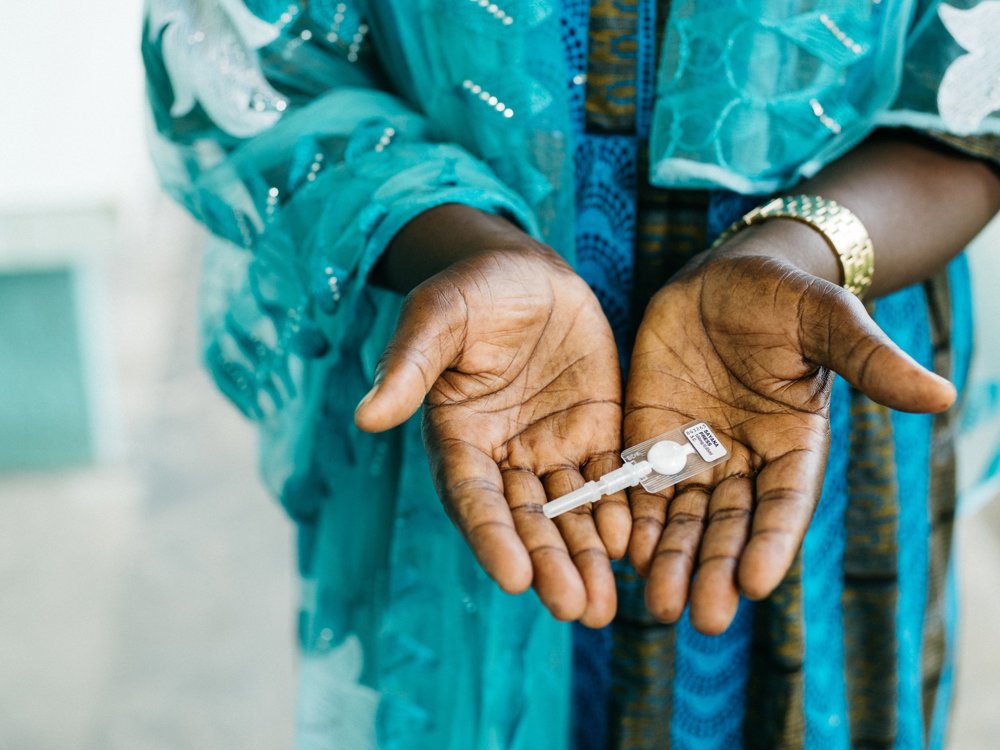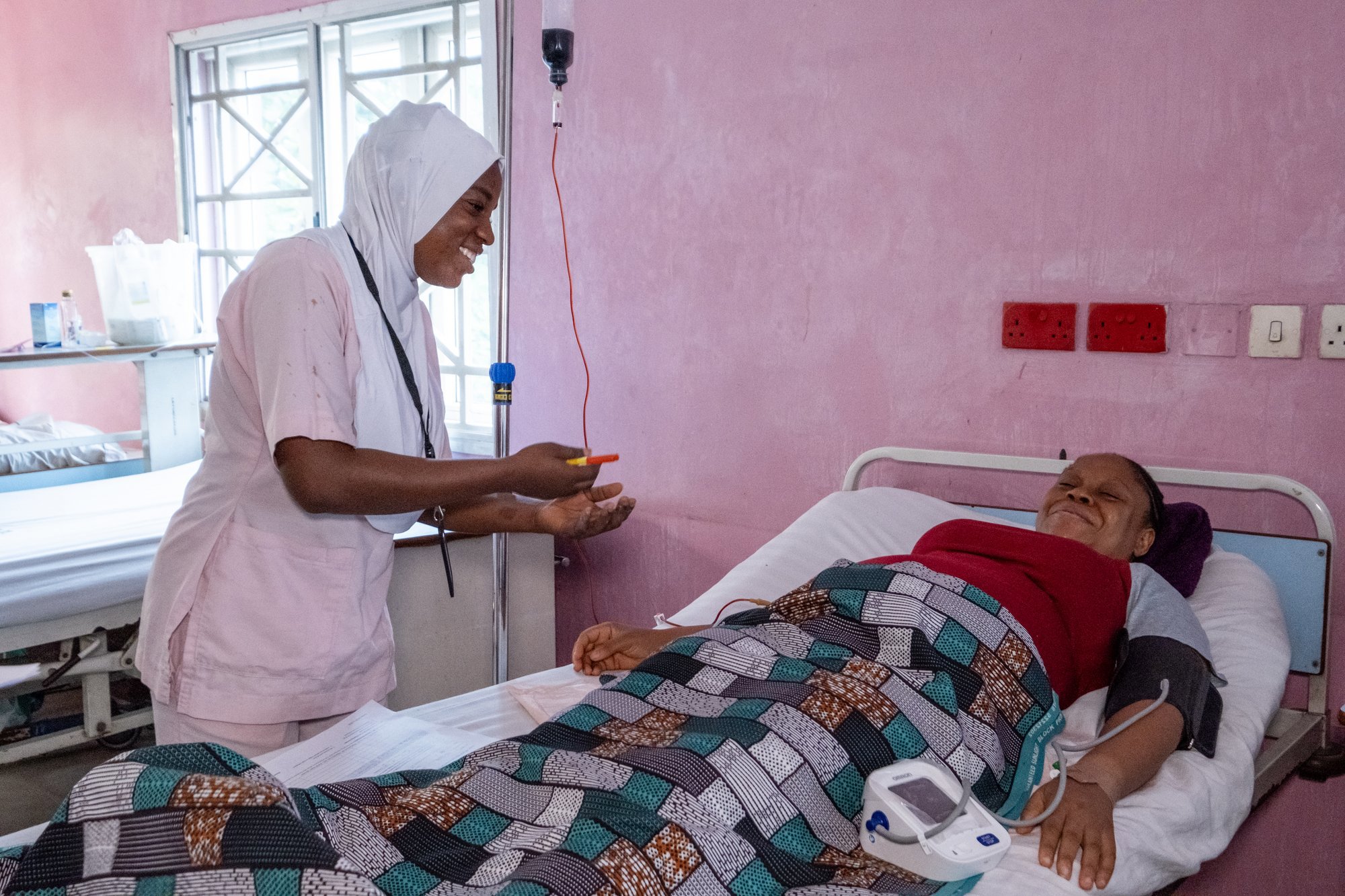The Gates Foundation has announced it will commit US$2.5 billion over the next five years to accelerate research and development (R&D) focused exclusively on women's health. The funding will support the advancement of more than 40 innovations in five critical, chronically underfunded areas-particularly those affecting women in low- and middle-income countries.
"For too long, women have suffered from health conditions that are misunderstood, misdiagnosed, or ignored," said Dr Anita Zaidi, President of the Gates Foundation's Gender Equality Division. "We want this investment to spark a new era of women-centred innovation-one where women's lives, bodies, and voices are prioritised in health R&D."
Women's health R&D remains chronically underfunded. Areas such as gynaecological and menstrual health, obstetric care, contraceptive innovation, sexually transmitted infections (STIs) solutions (including HIV PrEP for women), and maternal health and nutrition receive limited investment. As a result, critical issues like pre-eclampsia, gestational diabetes, heavy menstrual bleeding, endometriosis, and menopause-which together affect hundreds of millions of women-remain deeply under-researched.
"This is the largest investment we've ever made in women's health research and development, but it still falls far short of what is needed in a neglected and underfunded area of huge human need and opportunity," explained Zaidi. "Women's health is not just a philanthropic cause-it's an investable opportunity with immense potential for scientific breakthroughs that could help millions of women. What's needed is the will to pursue and follow through."

Home-administered contraceptives like Sayana Press give women accessible and long-term protection against unplanned pregnancies. Photo: PATH/Gabe Bienczycki
"We want this investment to spark a new era of women-centred innovation-one where women's lives, bodies, and voices are prioritised in health R&D."
Dr Anita Zaidi, President of the Gates Foundation's Gender Equality Division
To close persistent gaps in funding and research, the foundation is urging governments, philanthropists, investors, and the private sector to co-invest in women's health innovations, help shape product development, and ensure access to treatments for the women and girls who need them most.
The US$2.5 billion investment will advance innovation across five high-impact areas of a woman's lifespan:
- Obstetric care and maternal immunisation: making pregnancy and delivery safer
- Maternal health and nutrition: supporting healthier pregnancies and newborns
- Gynaecological and menstrual health: advancing tools and research to better diagnose, treat, and improve gynaecological health and reduce infection risk
- Contraceptive innovation: offering more accessible, acceptable, and effective options
- Sexually transmitted infections (STIs): improving diagnosis and treatment to reduce disproportionate burdens on women
Areas of breakthrough potential include research into the vaginal microbiome, first-in-class therapeutics for pre-eclampsia, and non-hormonal contraception. Included in the commitment are investments that will support data generation and advocacy to help ensure product uptake and impact upon approval.
“We see the consequences of underinvestment in women’s health innovation every day when women suffer needlessly, and sometimes lose their lives, because of the gaps in how we understand and treat conditions that uniquely affect them,” said Dr Bosede Afolabi, Professor of Obstetrics and Gynaecology at the College of Medicine, University of Lagos.
"This commitment brings much-needed attention to the health challenges women face in places where resources are most limited and the burden is highest," she added. "It reflects a recognition that women's lives-and the innovations that support them-must be prioritised everywhere."
By addressing long-standing gaps in women's health, the investment aims to unlock broader social and economic gains. Research shows that every US$1 invested in women's health yields US$3 in economic growth, and closing the gender health gap could boost the global economy by US$1 trillion per year by 2040.




